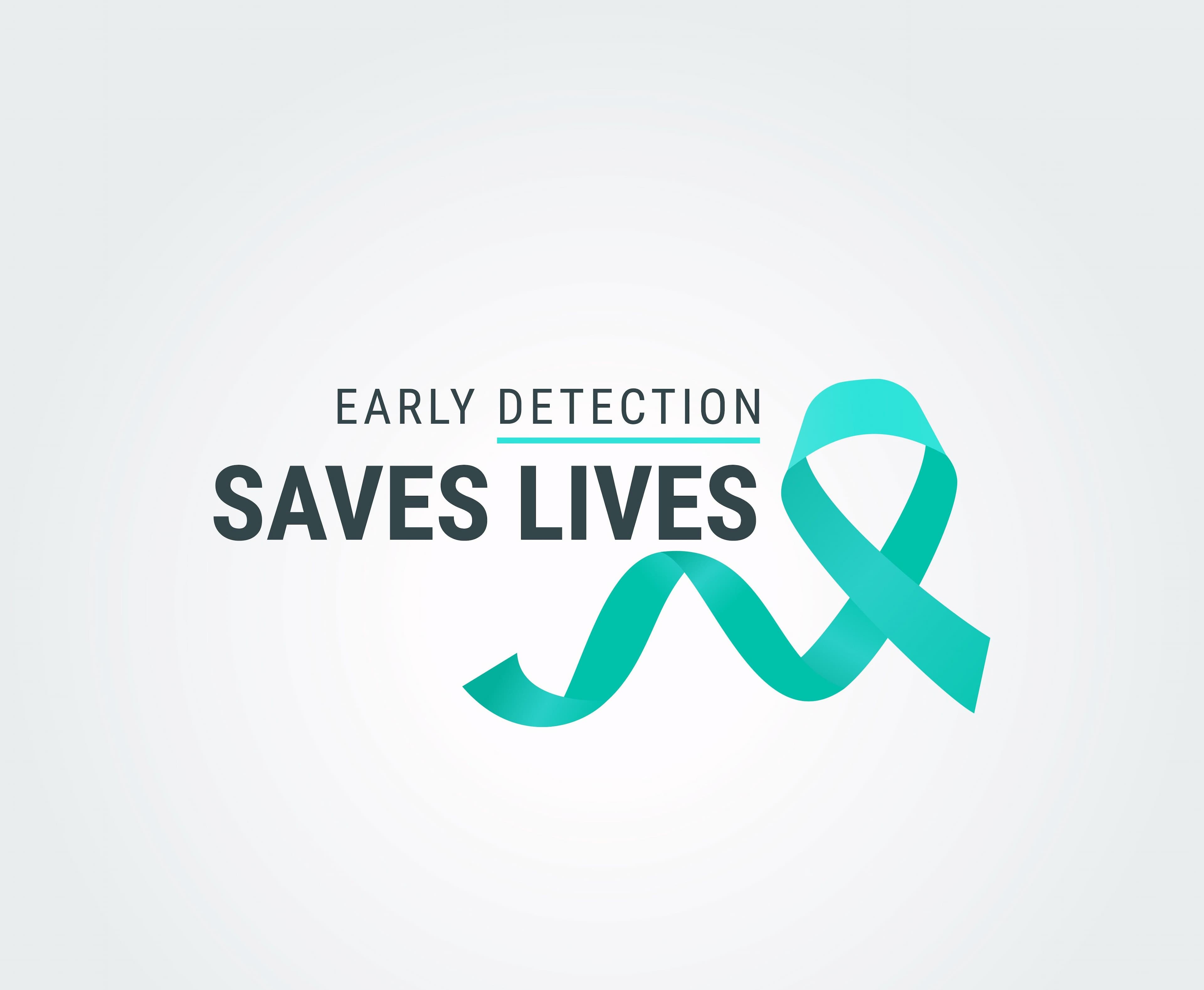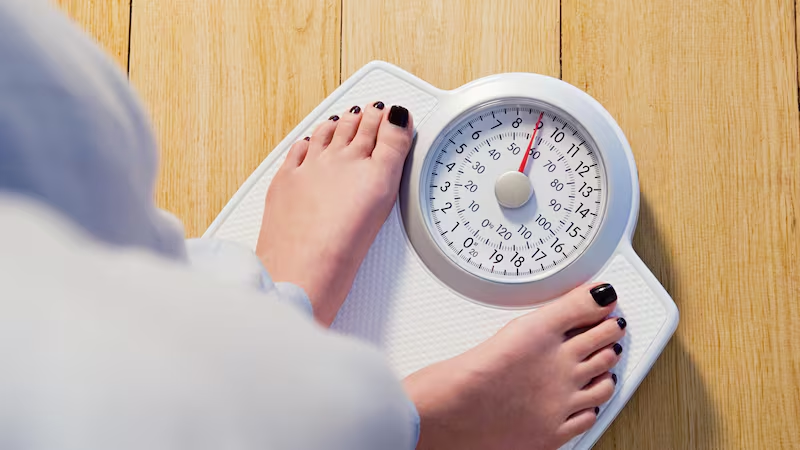
UAE doctors see more insomnia caused by Covid-19
One medic in Abu Dhabi said nearly 30 per cent of his patients come to him with sleep problems related to stress and the pandemic
Doctors in the UAE have reported an increase in the number of people suffering from insomnia and anxiety-related sleeping problems because of Covid-19.
Dr Hady Jerdak, a sleep specialist at Harley Street Medical Centre, said nearly 30 per cent of his patients come to him with “coronasomnia” — sleep problems related to stress caused by the pandemic.
Insomnia is a feature of many people suffering from long Covid, which is thought to affect as many as 100 million people worldwide.
“Sleep dysfunction is seen in Covid-19 sufferers, whether hospitalised or treated at home,” said Dr Pawan Kumar Srivastava, consultant in internal medicine at NMC Speciality Hospital, Al Nahda, Dubai.
“Studies conducted globally have shown 20 to 34 per cent of patients had sleep disorders which persisted even after recovery for months.
“The severity depends upon the severity of disease, viral load, associated medical conditions and medications, for example, steroids.”
He said studies of long Covid patients suggest about 70 per cent of them suffer from sleep issues.
“In our daily practice we see a lot of patients with lack of sleep, reduced quality of sleep, disturbed sleep, sleep-related cramps and a change in the sleep cycle,” Dr Srivastava said.
The cause is not fully understood, but there are theories.
Doctors said most cases of insomnia related to Covid are caused by anxiety, depression or stress, a problem that is particularly prevalent among those who were hospitalised with the virus.
“Among Covid patients admitted to hospital, the majority will have sleep problems,” Dr Jerdak said, who is also the chief executive of Harley Street Medical Centre.
He said the psychological impact of the trauma and being separated from family can cause lasting sleep issues.
“I have patients who got Covid in 2020 and they are still suffering from it. Every time the ghost of lockdown comes back and the numbers start increasing, they develop a fear of catching it again,” Dr Jerdak said.
“At the beginning, they thought once you have had it, you could not catch it again. We now know you can catch it more than once. That adds to the whole anxiety issue.”
Job-related stress and other social factors could cause some to develop insomnia, said Dr Mohamed Aslam, who works at International Modern Hospital Dubai.
Experts said some people are more prone to the condition due to genetics.
But there is also another possibility among those suffering from long Covid. A past infection may leave some people with persistently high inflammation.
Sleep depends on many different neurotransmitters, Dr Jerdak said.
“It’s a cycle. We have a biological clock in our brain that is guided through the routine we have done. If you are a person who sleeps at 10pm every night, at 10pm, the body sends signals, the melatonin is secreted, telling you it is time for sleep,” he said.
“When there is an inflammatory process happening, it disrupts most of the neurotransmitters that help us go to bed.”
Long Covid symptoms such as breathlessness, palpitations, tinnitus and cough can also affect the quality and duration of sleep, said Dr Waleed Ahmed, a consultant psychiatrist at Priory Wellbeing Centre, Abu Dhabi.
But there are things people can do to manage insomnia.
Avoiding caffeinated drinks, snacks and screens before bed is important. A regular sleep routine should also help.
“So having a set place to sleep, a roughly consistent time each night to be in bed, and have a series of simple and calming things before bedtime that you can do, that will cue your mind and prime your body to relax,” Dr Ahmed said.
The room should also be comfortable and dark. People should try to do things that help them relax in the evenings, such as listening to guided meditations on apps such as Balance and Head Space.
“If you are struggling to sleep for more than half an hour and find yourself worrying about it, get out of bed and do something like writing or reading a magazine for 10 to 15 minutes and then get back into bed and try again,” he said.







